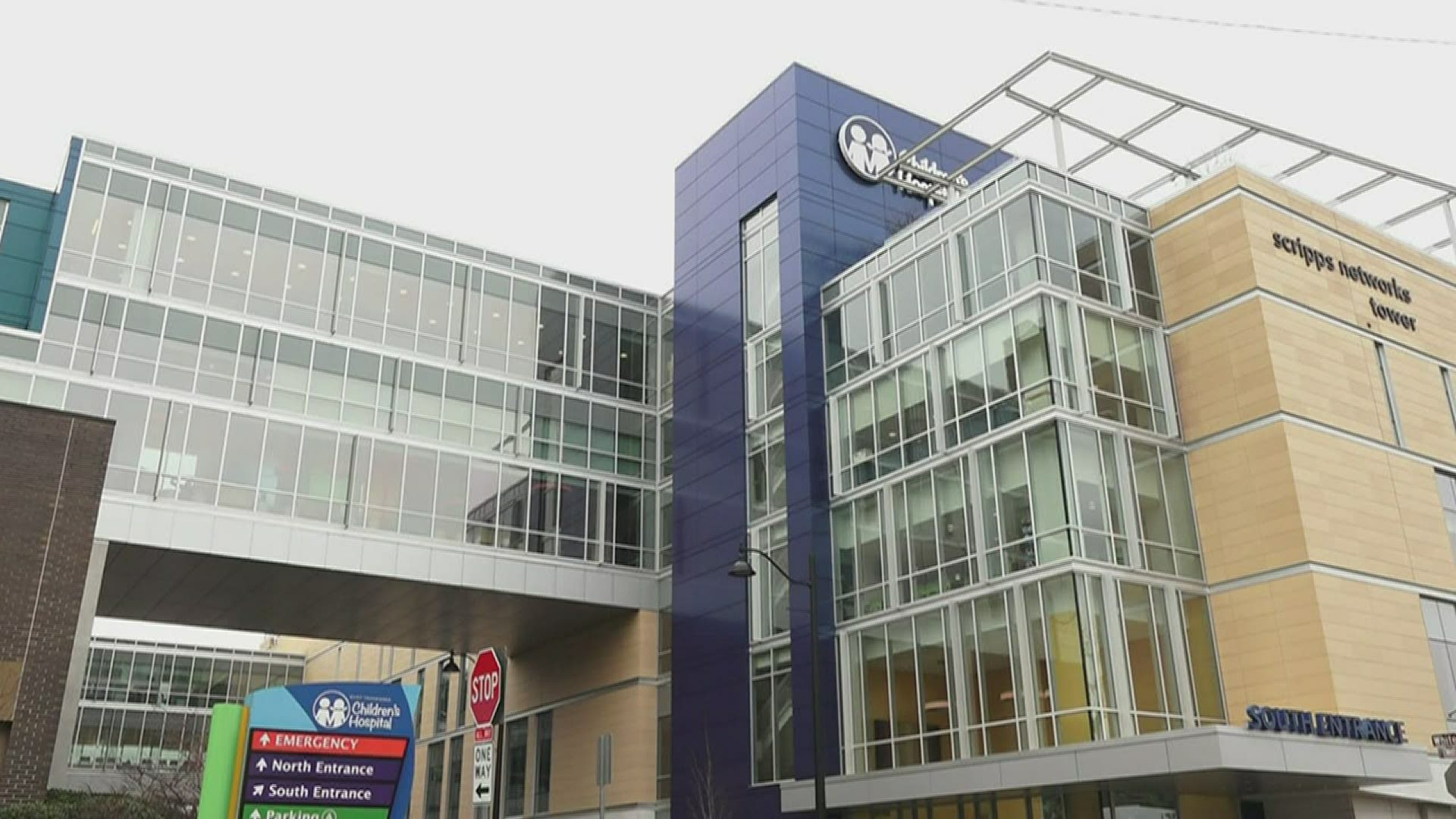Starting Monday, hospitals are expected to resume non-essential surgeries and procedures in a phased manner.
The phase-in of services will continue to expand over the next month, with a focus on protecting patients, staff and providers from COVID-19.
The University of Tennessee Medical Center, Tennova, Covenant Health and East Tennessee Children's Hospital said they worked together with local leaders and the Knox County Health Department to put together a phased reopening plan.
Area hospitals in Knox County already resumed some outpatient diagnostic and clinical services Monday, such as mammograms and rehabilitation services.
“We have not been doing elective surgeries for about a month and that has caused a lot of problems for us as an institution, caused a lot of problems for families whose child needs surgery," Keith Goodwin, CEO of ETCH, said. "We’ve been holding off in consideration of what the federal government wants us to do and what the state government wants us to do. But, we’ve had large empty ORs. These kids need to be cared for, so this gives us the opportunity to catch up and care for those kids who need surgery.”
ETCH said its plan is to operate at about 50% of its typical capacity, saying its focus will be on delivering care to children who had procedures put off in the last month. This included things such as dental and eye procedures.
Hospitals said they will be screening all patients for symptoms of COVID-19 and may test them depending on their overall health and clinical guidelines for the procedure they are receiving. Social distancing guidelines will remain in place, and hospital visitors will only be allowed if they are vital to the care of the patient.
All visitors are told to wear a face-covering at all times and to follow along with screening procedures before they enter.
Gov. Bill Lee and Tennessee health officials announced that non-essential elective hospital procedures would begin to resume elsewhere in the state would be allowed to resume Friday, May 1. Lee said hospitals will be monitoring their supplies and bed space to ensure there is enough PPE to continue meeting the needs of the COVID-19 response.
Should there be another spike in COVID-19 cases, hospitals said they may limit or stop performing non-essential procedures again.

